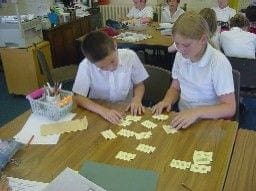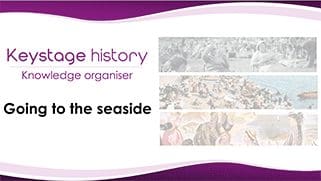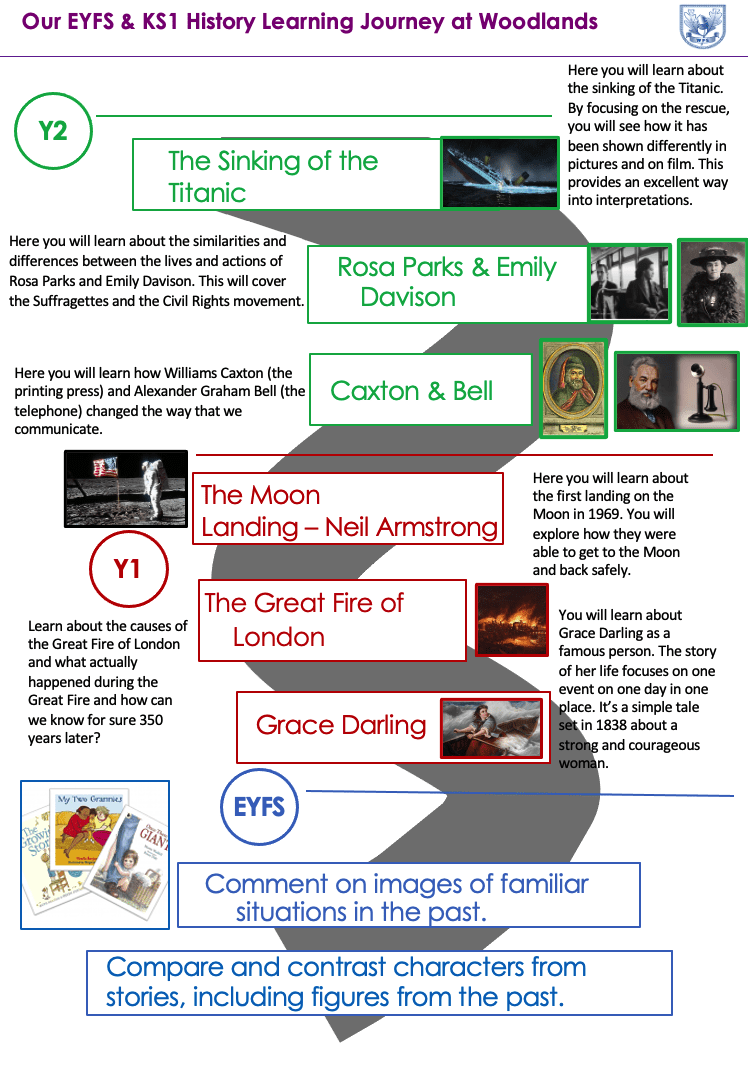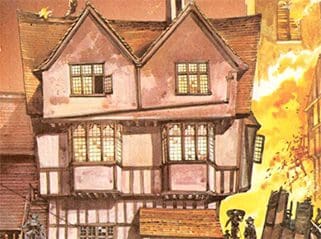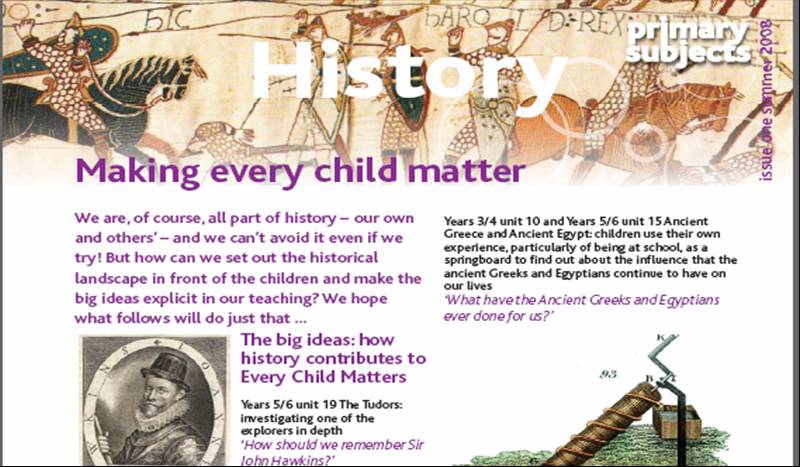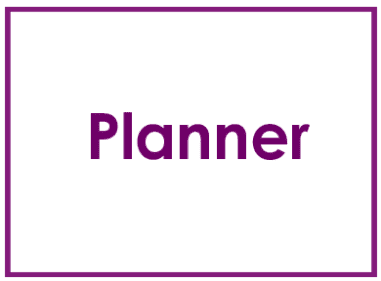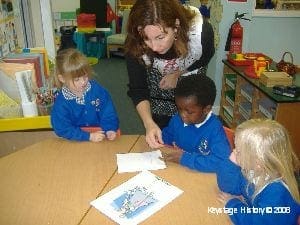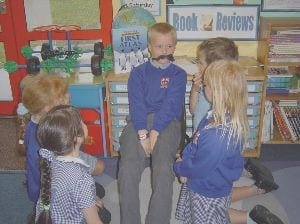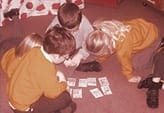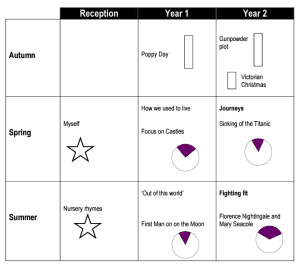Curriculum Planning at KS1
History as problem solving
Pupils solve problems when they study mathematics. They solve problems in science lessons. So why not in history? Perhaps it’s…
Read MoreSeaside knowledge organiser – KS1
You are learning about this topic to help you to understand how different life was over the last 100 years….
Read MoreExample of School using learning journey format in history at KS1
In response to our launch of the KS2 learning journey in history, Matthew headteacher of Woodlands was inspired to create…
Read MoreScales of planning in primary history
Making sure you don’t leave out key things and don’t waste your time duplicating Planning can seem a real chore,…
Read MoreTeaching about the past in EYFS
Preparing for the new EYFS framework in September 2021 Although most schools and settings prefer not to refer to history…
Read More10 things history leaders need to know about the new OFSTED 2019 Framework
10 things you need to know about leading history 1. Show you are teaching history You will have to show…
Read MoreSwapping a Great Fire for a volcanic eruption? Looking for a new famous Event at KS1?
In a recent article in the Historical association’s Primary History Sue Townsend makes a very strong case for introducing the…
Read MoreWhat is History?
12 key ideas young children need to grasp in history, and how they might do it. Most of you reading…
Read MoreJust how good is your KS1 history curriculum?
The 12 most crucial questions to ask yourself about your KS1 history curriculum, and some expert answers if you get…
Read MoreMedium-term planning for history at Key Stage 1
This part of the site contains a dozen detailed fully-developed enquiry-led, key question-driven medium term plans for all the major…
Read MoreShort-term planning in history at Key Stage 1
This site does not favour the publication of short-term planning, preferring instead to focus on very detailed medium-term planning and…
Read MoreCreativity in History at Key Stages 1 and 2
What follows below is an attempt to summarise the key points from recent research and to illustrate them with lively…
Read MoreThinking skills in history at Key Stage 1
There is nothing particularly radical about using a thinking skills approach to history at Key Stage 1, but there are…
Read MoreICT and history at Key Stage 1
There are lots of opportunities for pupils to use a range of applications at Key Stage 1 that go beyond…
Read MoreLinking history and literacy
There is now a considerable amount of advice available to schools on how to link history with literacy, but OFSTED…
Read MoreOpportunities for Citizenship Education in Key Stage One History
History offers an excellent context for developing many of the worthwhile skills and understanding that form part of the citizenship…
Read MoreCurriculum models for KS1 history
It seems a logical extension of the advice on long-term planning of the curriculum to offer you some models of…
Read MoreCurriculum Rationale
Rationale for KS1 history planning Of all the key stages KS1, came off lightly from Gove’s reforms of the history…
Read MoreLong term planning for history at Key Stage 1
Superficially, Key Stage1 seems the least complex history curriculum to plan because the burden of content to be covered seems…
Read More
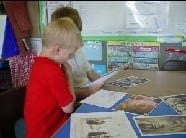 Four points to consider when planning
Four points to consider when planning